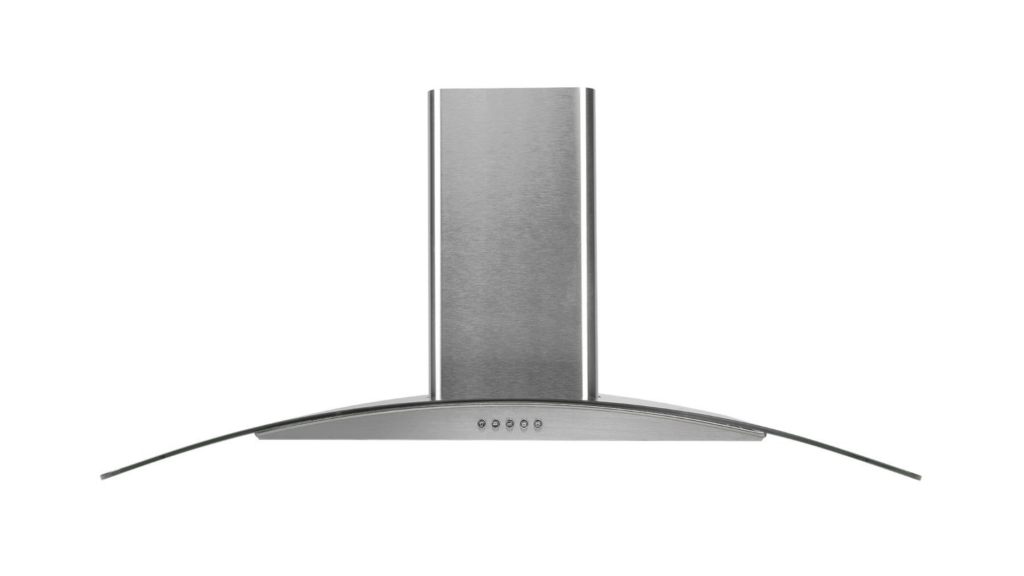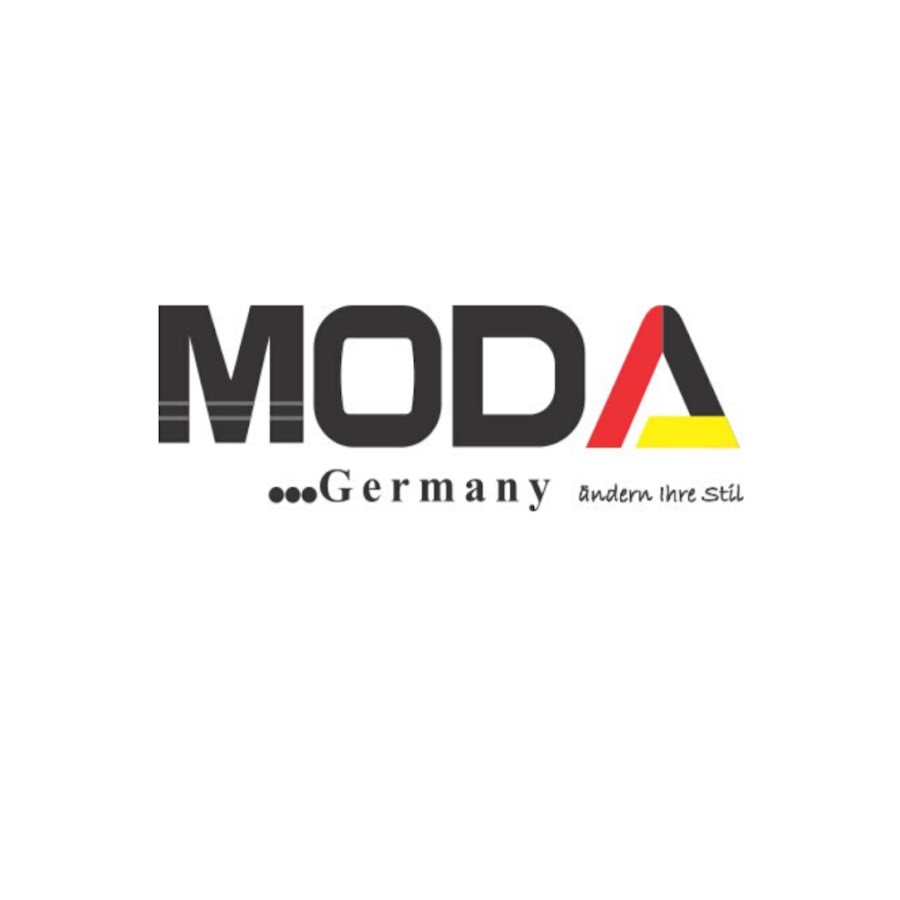
Cooker hoods or exhaust hoods, play a vital role in maintaining a clean and odour-free kitchen environment. They are designed to extract smoke, steam, grease, and other wing particles produced during cooking. When considering cooker hoods for your Sri Lankan kitchen, it’s essential to understand the difference between filtered and vent-out options. In this blog post, we will explore these two types of cooker hoods and their respective benefits, helping you make an informed decision for your kitchen.
1. Filtered Cooker Hoods
Filtered cooker hoods work by extracting the air through a vent or fan system located within the hood. It is equipped with filters designed to grasp and trap these impurities, ensuring that the air in the kitchen remains clean and free from odours. The air passes through one or more filters before being recirculated back into the kitchen. The filters are specifically designed to grasp different types of pollutants commonly produced during cooking. Let us also identify the types of filters.
Charcoal Filters

Charcoal filters are effective in absorbing odours and fumes, making them ideal for kitchens where external ventilation isn’t possible. They work by passing the air through activated charcoal, which wipes out the odour molecules. However, it’s important to note that charcoal filters needs to be cleaned periodically or replaced to maintain their effectiveness.
Grease Filters

Grease filters are designed to capture grease particles produced during cooking. They prevent grease buildup in the hood and ductwork, reducing the risk of fire hazards and improving the longevity of the hood. Grease filters are often washable, making them convenient and cost-effective.
2. Vent-Out Cooker Hoods
Vent-out or ducted cooker hoods, on the other hand, eject the extracted air outside the kitchen through a duct or exhaust system. Unlike filtered hoods, vent-out hoods do not utilize filters to purify the air. Instead, they rely on the external venting system to remove the smoke, odours, and grease particles from the kitchen.
Benefit of Vent-Out Hoods
Vent-out hoods offer several advantages, in which the efficiency in removing pollutants, particularly when it comes to heavy smoke or strong odours. Since the extracted air is expelled outside, there is no need to worry about filter replacement or cleaning. Vent-out hoods are highly recommended for kitchens that experience heavy cooking or have a lot of oily and greasy foods.
Considerations for Choosing Filtered or Vent-Out
Cooking Habits
Assess your cooking habits to determine the most suitable option. If you frequently cook foods with a strong odour or generate a lot of smoke, a vent-out hood may be more effective. If external ventilation is not possible, a filtered hood with charcoal filters could be a practical choice.
Maintenance
Evaluate the maintenance requirements of each type. Filtered hoods will require periodic filter cleaning or replacement, while vent-out hoods might need occasional duct cleaning to maintain optimal performance.
Budget
Consider the upfront and ongoing costs of both options. Filtered hoods may have a lower cost, but vent-out hoods may require additional installation costs for the ductwork.
“An efficient cooker hood not only clears the air in your kitchen but also clears the path for delightful cooking experiences.”










